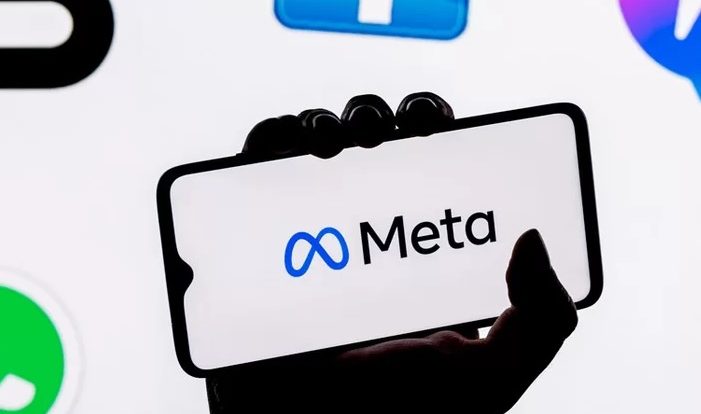
for every
Southern newsroom
| May 21 2022

The company will invest $50 million in projects and research (Image: Reproduction)
Meta, the owner of Facebook, has announced partnerships with organizations from several countries to set standards for well-being and safety for the metaverse, a type of digital world that has received investment from the company. Among the ten entities, four are from Brazil.
Meta’s agreements with organizations anticipate a total investment of $50 million over two years, which has already been announced in 2021. According to the company, the goal is to promote projects and external research that contribute to the responsible construction of the metaverse. .
“The metaverse is a set of virtual spaces that can be created and explored by people who are not in the same physical space,” explains Meta. “Inside it, it’s possible to be with friends, work, play, learn, buy, create, and so much more.”
These are the new Meta Partners and their commitments:
– ITS Rio (Instituto de Tecnologia de Sociedade do Rio, Brazil): will create a panel of experts to identify opportunities and challenges facing the Latin American metaverse, particularly in Brazil;
– IRIS-BH (Instituto de Referência em Internet e Sociedade, Brazil): will study privacy and data protection in immersive technologies in the context of current policies and governance structures;
– Safernet (Brazil): will organize workshops and hackathons to discuss the safety of women and children in virtual and augmented reality experiences;
– IP.Rec (Research Institute of Law and Technology in Recife, Brazil): will analyze Brazilian public policies applied to virtual and augmented reality;
– C-Minds Eon Resilience Lab (Mexico): will research economic opportunities, privacy, security, gender and governance in the metaverse;
– Fundación Universidad de San Andres (Argentina): will identify opportunities and ethical challenges in the metaverse, focusing on legal and regulatory approaches, social and technical interoperability, and inclusion;
Jobs for the Future (US): It will analyze how augmented and virtual reality can help small and medium-sized businesses, with a focus on preparing the workforce in the US;
Chuo University (Japan): will look for improvements in the teaching and learning of foreign languages;
– Project Rockit (Australia): will research youth perspectives on virtual and augmented reality, as well as requirements for creating safer virtual communities;
The Australian National University (Australia): You will explore the structure of the metaverse considering the interaction of technical, social, cultural, organizational and environmental elements.
In addition to the new partners, Meta already has six other partnerships to build the metaverse. Among them, the Digital Wellness Lab at Children’s Hospital Boston (USA), the Evervy Foundation and researcher Louis Bernstein, who will focus on literacy content in the metaverse.
Meta also has agreements with Colorintech (UK), an organization that will implement actions on equity in the metaverse; Alte Nationalgalerie Museum (Germany), which will promote art in the virtual world; The Peres Center for Peace and Innovation (Israel), which will create opportunities for economic and social impact in the Metaverse region.
Back all technology

“Friendly zombie guru. Avid pop culture scholar. Freelance travel geek. Wannabe troublemaker. Coffee specialist.”






